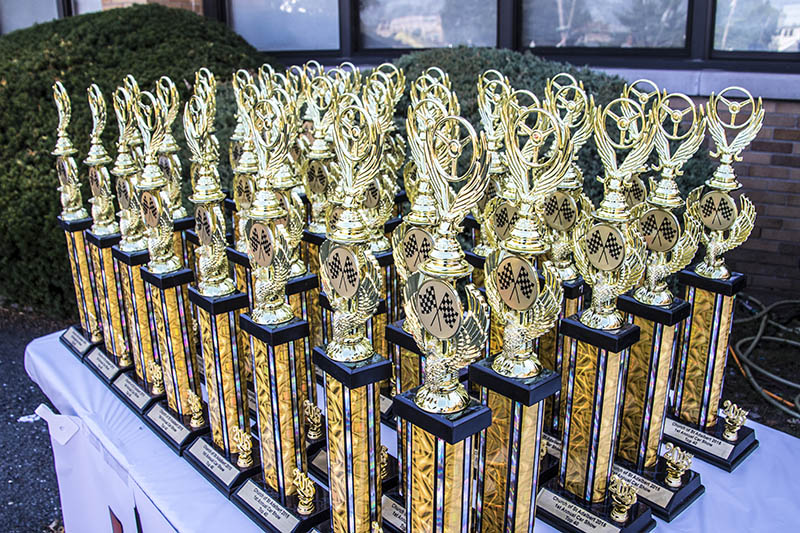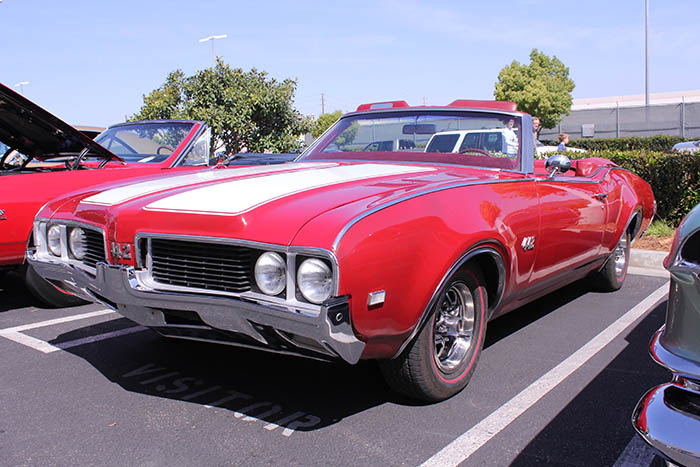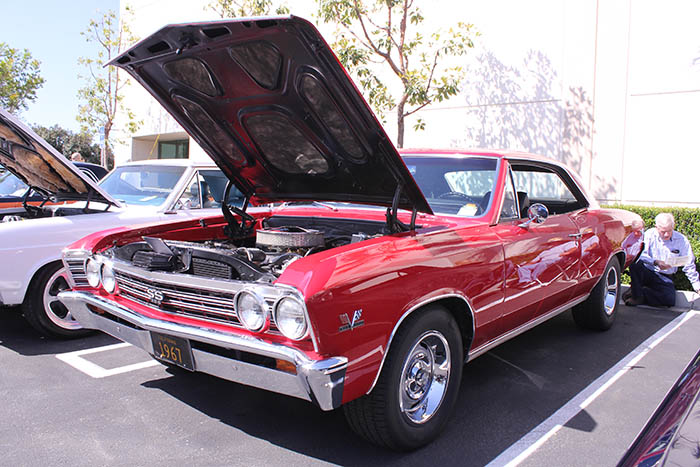The single biggest expense involved with owning a classic car is obviously the initial cost of acquiring the vehicle or building the vehicle in the first place. While there are available collectible vehicles to suit nearly every level of budget out there on the market at any given moment, parking any classic in your garage will present the hurdle of an initial buy-in cost to overcome before you can get started in the game.
After a suitable vehicle is has been built or purchased, there are also other financial factors to deal with concerning your ownership. One, is that you probably should not buy a vehicle purely as an investment. The days of a volatile and constantly appreciating market filled with speculators willing to pay whatever it takes to secure a vehicle are over. Unless you own some ultra-rare classic that was produced in extremely low quantities, it is now a better strategy to simply own something you enjoy using and enjoy just for what it is. Viewing your classic car as a strict financial investment only is likely to disappoint. Your vehicle may or may not appreciate, and there’s no guarantee you’ll come out ahead after a few years of ownership. It’s better to invest in something that you’ll love to own and enjoy being around. That’s a payoff you can’t put into dollars and cents.
Paying the right price to purchase or build the classic car of your dreams is another financial factor to be dealt with. Although prices are mostly determined by the age, condition, features and the scarcity of a vehicle, the market can change quickly, and not always in a good direction. Niche markets within the greater overall collector car marketplace often exhibit their own price adjustment ups and downs.
Finding out later that you paid too much for a vehicle can definitely spoil a lot of the attraction. It won’t help on the investment side, either. Better to research the car(s) you’re interested in thoroughly, and if you can’t or don’t have the ability to become an absolute expert on your targeted vehicle, find someone who is an expert to help you out. You can check the value of a particular car on websites for the National Automobile Dealers Association, Hemmings Motor News and Hagerty Insurance, but finding an actual person who knows the exact model you are buying is better. Classic car clubs in your region as well as some classic car dealers might be willing to help in researching the vehicles you’re interested in. Don’t overlook these valuable resources and remember, this is one instance where you can never have too much information.
Classic car ownership presents yet another ongoing financial factor in the form of the ongoing cost of containment and associated expenses related to maintaining your vehicle once you have it at home, tucked safely in your garage. Garage space has never been free, but it has not been outrageously expensive either – depending on the level of service chosen. Just as you can’t park a valuable classic car in a driveway and forget about it, garage space rental facilities across the country are probably not lacking for customers these days.
The thousands of classics hidden away in commercial rentals are usually watched through 24-hour video surveillance, and many spaces also provide heat, air conditioning and a battery charger when needed. The cars also need to be started up occasionally, or the brakes will seize, the clutch will stick, and the engine will get dry. The more cars you have, the more difficult and expensive this can be. Those with the means often go to great lengths when storing their cars. Comedian and vintage car collector Jerry Seinfeld spent almost $1.5 million to have his own car storage facility built. Well-known collector Jay Leno has a full-time staff on the payroll, their sole job being keeping Jay’s stored cars in tip-top shape. Obviously the average collector cannot go to such lengths, but even the average collector will find that if you can’t store your vehicle at home, even minimal “safe” storage off-site can present another significant cost of ownership.
None of the initial hurdles of collector car ownership are so great that they would diminish the experience of owning and driving a classic car that you love. After the initial costs have been dealt with, you have the rest of your life to get on with the truly important part of this hobby; enjoyment. That’s what it’s all about isn’t it?
Shop for restoration parts at www.opgi.com.
Follow us on our OPGI Facebook page. Click here and Like us!




Leave a Reply